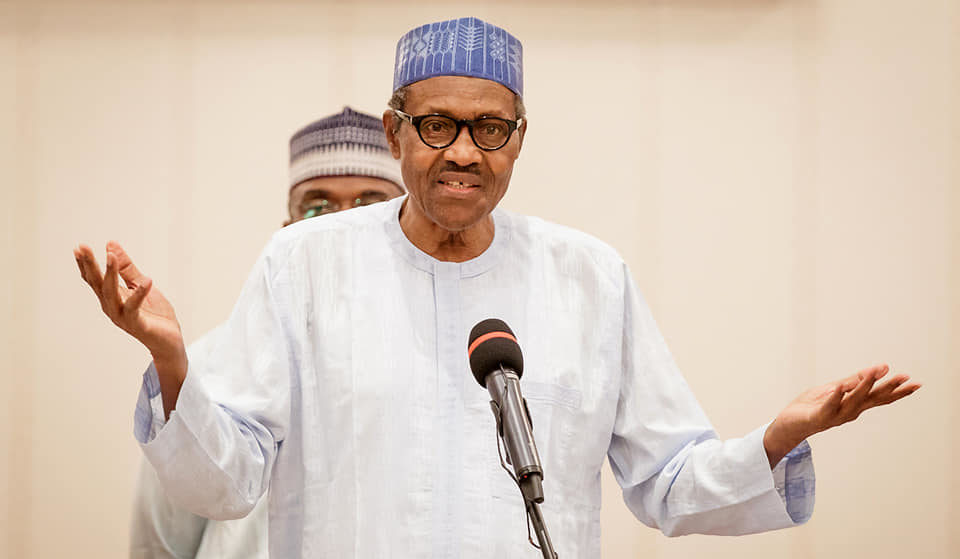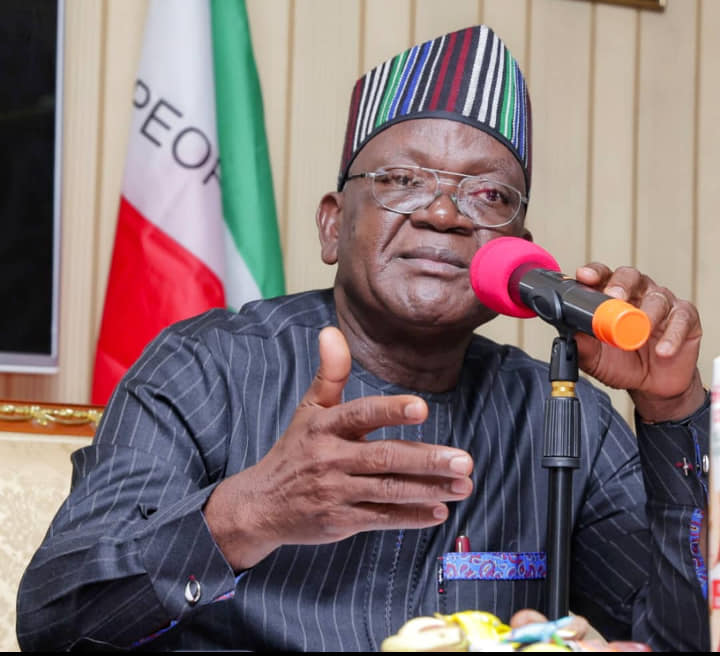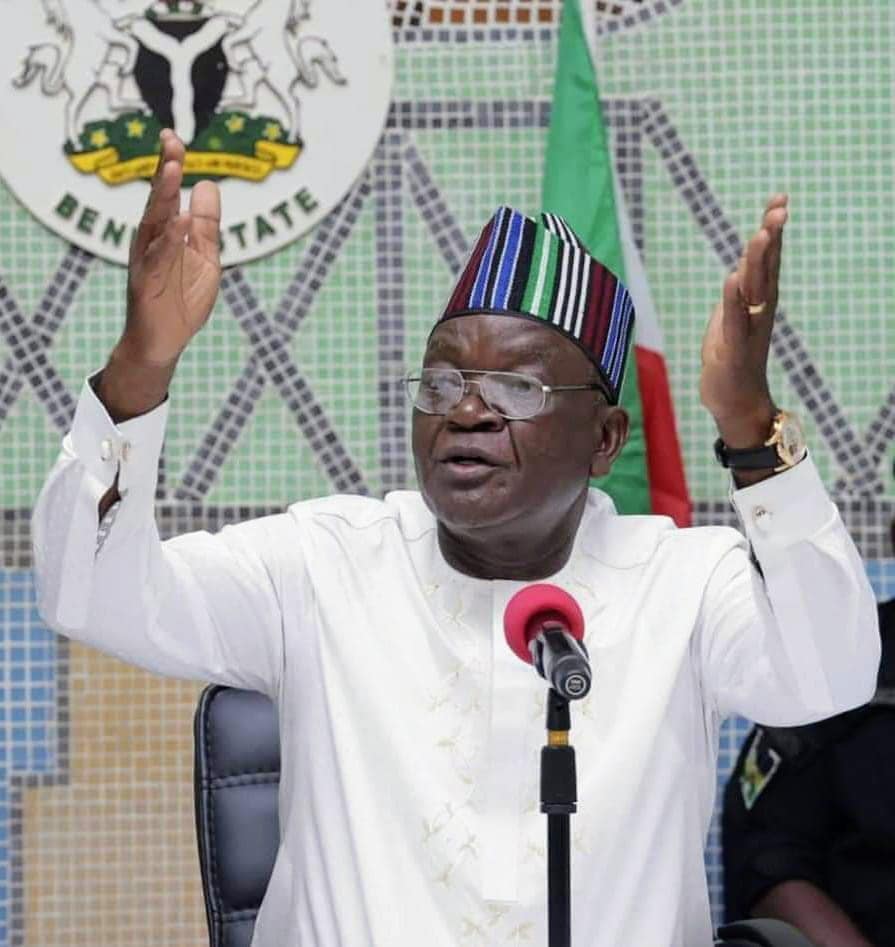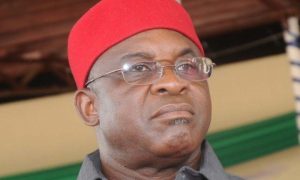Benue news
Why I castrated myself – Benue man
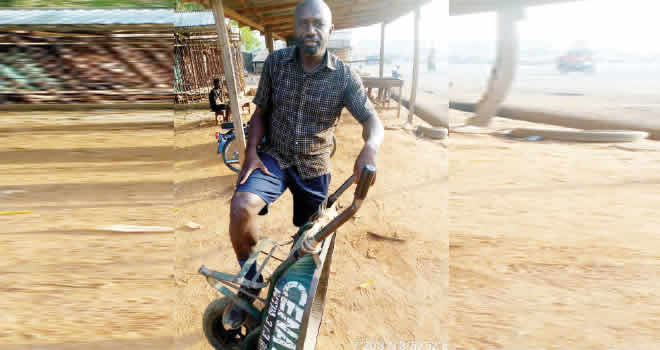
A 43-year-old Benue-born wheelbarrow pusher, Terhemen Anongo, has recounted how he dropped out of the medical school of the University of Ibadan at 500 Level due to depression.
According to Anongo who is now a wheelbarrow pusher in Gboko, Benue State, he suffered severe depression which made he lost interest in school.
Anongo who shared his story in an interview with THE PUNCH, also revealed that he tried to go back to the school but what refused by the authorities.
“I was admitted into the University of Ibadan in the 1996/97 session (as a medical student) and by 2000 I moved on to the teaching hospital, UCH (University College Hospital) but I dropped out when I was in 500 Level because I was suffering from severe depression, which made me lose interest in medical school. Though at a point I tried to go back, the authorities did not allow me,” he said.
When asked if it’s true that he recently attempted to castrate himself, Anongo said; “You know how the issue of sexual urge torments one when you don’t have a wife, coupled with your religious beliefs. I am someone deeply involved in religion and I read about Origen Adamantius, one of the early church leaders from Egypt, who paid to be castrated so that he would not be bothered by sexual urge. It was in an attempt to do the same thing that I removed my right testicle but there was a heavy flow of blood, so I abandoned it (castration) and rushed to hospital.”
He said he had earlier visited three doctors for the surgical operation because he wanted a safe procedure but they declined; so he decided to do it himself.
On what gave him the confidence, he said; “It was based on my medical experience in medical school. I got the local equipment to do it with stitches, antibiotics as well as other things. But in the process of removing the testicle, there was too much blood, so I had to terminate the surgery.”
He revealed that the “wound is healing wonderfully because I was admitted into hospital for two weeks.”
Recounting how his depression started, he said; “First of all, it was never my desire to study Medicine. I graduated from secondary school and had best results. I loved Physics and Mathematics, so I wanted to study Engineering, Petroleum Engineering to be precise. I got the Unified Tertiary Matriculation Examination form and filled it and took it to my dad who was a Mathematics teacher but my dad said no; he said he had some Indian teachers who told him that the best course for me to study was Medicine. But when I got to medical school, I realised that Medicine is about cramming, memorising terminologies whose origin you don’t know. So, I lost interest in academic work but I still managed to pass and got to the teaching hospital.
The way University of Ibadan is structured, the people there are not friendly, though, it is the best medical school. I remember a girl who came from the United States for a programme in UI; before she left, she told the Head of Department that their approach was too harsh; that the environment was not friendly. If you don’t know something, you are not confident to say you don’t know it. That, coupled with my lack of interest, made me quit.”
On what he decided to castrate himself, he said; “Initially, I felt that through fast and prayers I could overcome this libido but it is an ongoing trouble, starving (abstaining from sex) yourself is not easy; you get some energy to overcome and then some women around here (in Gboko) are almost walking naked, you know what I mean. So, I said to myself “Why not take away the ‘petrol tank’?”
He revealed that despite losing one of his testicles, he is still interested in getting married.
He said; “I am but there is no money. If I have money, I would have married. If I find a woman who is ready (to marry me) despite the loss of one testicle, why not?”
When asked whether he has a girlfriend, he said; “I don’t have a girlfriend because no girl is prepared to date someone who doesn’t have money. But when I was in the University of Ibadan, I had a girlfriend. Even when I came back home, I had a girlfriend but that was many years ago. So, for close to eight years now, I have not had a girlfriend.”




